
The American College of Cardiology updates guidance on prescribing SGLT2 inhibitors and GLP-1 receptor agonists to patients with type 2 diabetes and cardiovascular disease or CV risk.
Mary Caffrey is the Executive Editor for The American Journal of Managed Care® (AJMC®). She joined AJMC® in 2013 and is the primary staff editor for Evidence-Based Oncology, the multistakeholder publication that reaches 22,000+ oncology providers, policy makers and formulary decision makers. She is also part of the team that oversees speaker recruitment and panel preparations for AJMC®'s premier annual oncology meeting, Patient-Centered Oncology Care®. For more than a decade, Mary has covered ASCO, ASH, ACC and other leading scientific meetings for AJMC readers.
Mary has a BA in communications and philosophy from Loyola University New Orleans. You can connect with Mary on LinkedIn.

The American College of Cardiology updates guidance on prescribing SGLT2 inhibitors and GLP-1 receptor agonists to patients with type 2 diabetes and cardiovascular disease or CV risk.

The ruling reversed a lower court ruling regarding the drug discount program for hospitals that serve patients covered by Medicaid.
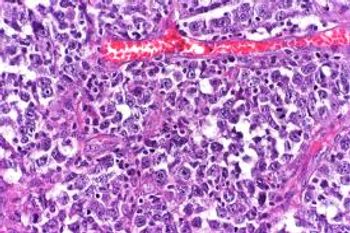
A new treatment option is approved for patients with a common form of non-Hodgkin lymphoma who cannot have an autologous stem cell transplant.

The ADAURA trial was stopped in April 2020 after an independent monitoring committee called for the trial to be unblinded 2 years early based on a determination of overwhelming efficacy.
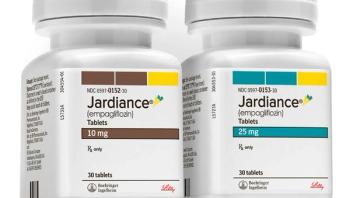
Results for EMPEROR-Reduced have been highly anticipated, as they are expected to set off a new round of competition in the drug class, which was first developed to treat type 2 diabetes.
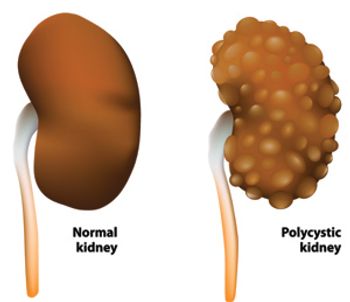
Although the name suggests the disease affects only the kidneys, development of fluid-filled cysts can spread to the liver, the pancreas, and other organs. While a healthy kidney is about the size of a fist, a kidney filled with cysts from polycystic kidney disease (PKD) can grow to be about the size of a football weigh up to 30 pounds

Through the partnership, Humana and Heal will expand the startup’s current markets to include Chicago, Charlotte, Houston and others that are part of Bold Goal, a multi-year effort to improve overall health of communities by addressing both medical needs and working with partners to address social determinants of health, such as food insecurity.

FDA increased oversight of antibody testing on May 5, requiring them to meet standards of other molecular tests.
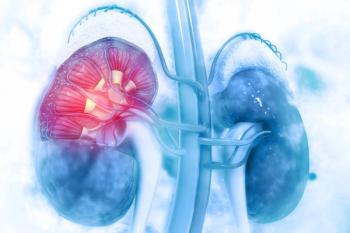
Data from DAPA-CKD show that the trial met all its primary and secondary end points for patients with chronic kidney disease, with and without type 2 diabetes. The announcement comes after a data monitoring committee halted the trial in March 2020 when it found the evidence of efficacy was overwhelming.

Deepak L. Bhatt, MD, MPH, of Brigham and Women’s Hospital Heart & Vascular Center and Harvard Medical School, presented the latest round of data from REDUCE-IT at the American Society of Preventive Cardiology Virtual Summit 2020 this morning

Just when renal replacement therapy should start after acute kidney injury has been debated.

The therapy, to be sold as Tecartus, will be used to treat adult patients with mantle cell lymphoma who have relapsed or not responded to other treatments.
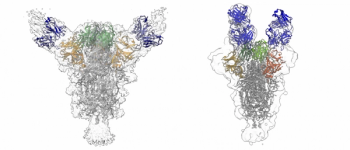
Writing in Nature, scientists found the antibodies fell into 2 distinct groups, targeting different regions of the viral spike. Thus, they say, the battle against coronavirus disease 2019 (COVID-19) could be opened on separate fronts, much like the approach Ho and others have studied in HIV and some forms of cancer.

Selected abstracts in cardio-oncology, findings for AMG 510, and lurbinectedin as a second-line treatment in SCLC.

Four studies were highlighted that amplified the 3 components of using genetic testing in cancer treatment and prevention: (1) understanding the germline component of a tumor test, (2) broadening access to genetic counselors with video sessions, and (3) making sure risk assessment of each patient is accurate, so that patients do not have unnecessary surgeries.

Featuring findings from the KEYNOTE-177, ARAURA, ASPEN, and CITYSCAPE trials, and new results from MURANO.

The talk by Ned Sharpless, MD, director of the National Cancer Institute, preceded presentations on some of the earliest findings about the effects of COVID-19 on cancer: It appears that patients treated with chemotherapy for lung or thoracic cancer shortly before being diagnosed with COVID-19 face a higher risk of death, and so do patients with cancer who take the combination of hydroxychloroquine (HCQ) and azithromycin.

The designation would be to reduce the risk of heart failure or cardiovascular death in patients who have suffered an acute MI, which is a known cause of heart failure.
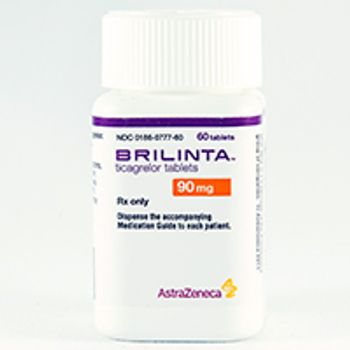
Transient ischemic attack is a common form of stroke, and 1 in 4 stroke survivors go on to experience a second stroke—most within the first month.

The review article highlights the many ways that multiple sclerosis (MS) affects women over the lifespan, from pregnancy to childbirth to menopause and beyond—and how both research and clinical practice fall short in meeting their needs.

The coronavirus disease 2019 pandemic presents a new challenge: patients have severe flu-like symptoms, but the virus can also cause renal failure. Doctors and patients need analgesics that go easy on the liver and kidneys but are not addictive, and this week researchers at LSU Health New Orleans Neuroscience Center of Excellence announced they have discovered a new class of drugs that can do the job.

Polygenic risk scores, which evaluate disease risk based on DNA variants, have previously been based almost entirely on patients who had European ancestry.

Companion diagnostic testing identifies patients most likely to benefit from biomarker-driven treatments. Much of the promise in lung cancer treatment comes from use of testing to match patients with targeted therapies, checkpoint inhibitors, or combinations.
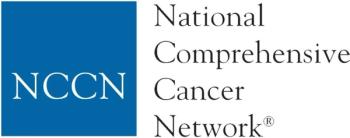
JNCCN is the official journal of the National Comprehensive Cancer Network, a group of cancer centers that develops treatment guidelines that are considered the “gold standard” for payers.

End-stage renal disease has long been one of the most expensive and debilitating conditions that affects Medicare beneficiaries. Not only does dialysis cost $90,000 a year—those awaiting a kidney transplant automatically qualify for Medicare—but the need to travel to a dialysis center multiple times a week disrupts employment and home life.

Results from the University of New South Wales appeared in the New England Journal of Medicine. The co-lead investigator said the results show the need for more treatment options in chronic kidney disease.
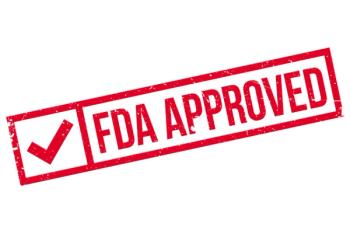
The decision comes almost exactly a month after results from KEYNOTE-177 were presented at the annual meeting of the American Society of Clinical Oncology.

The savings occurred even while more patients in the health system were enrolling in clinical trials, according to an abstract presented during the American Society of Clinical Oncology 2020 Virtual meeting.

A coauthor of the study said that if the noninvasive test was used more widely, before kidney cancers have spread, fewer people would die from the disease.
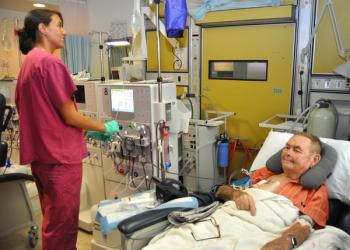
Acute kidney injury is a sudden onset of kidney damage that causes waste products to build up in the body. These episodes have become more common during the coronavirus disease 2019 pandemic, causing kidney failure in some previously healthy patients who had no prior history of renal problems.

259 Prospect Plains Rd, Bldg H
Cranbury, NJ 08512
© 2025 MJH Life Sciences®
All rights reserved.
